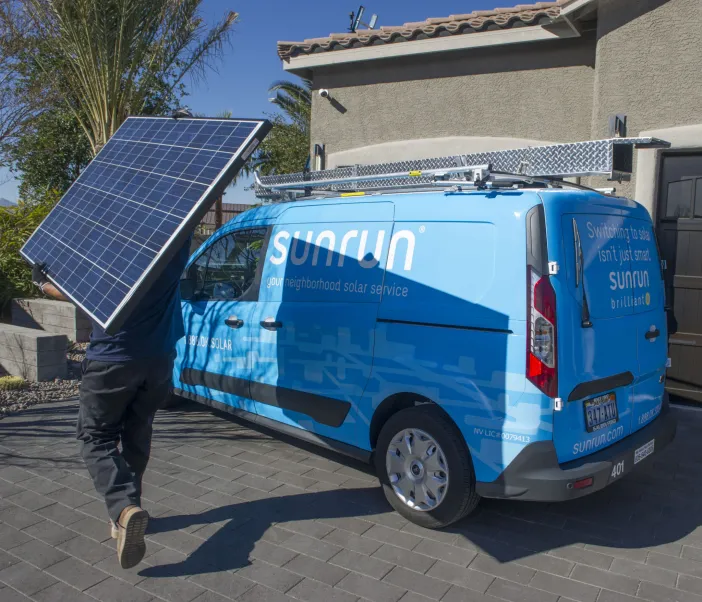Sunrun CEO Lynn Jurich to step down as strong posts record every three months set up figures
- Lynn Jurich is resigning as CEO of Sunrun as the business boosts its 2021 guidance after supplying record quarterly setup quantities during Q2.

Jurich, that co-founded the US rooftop solar installer in 2007 and has been president for virtually a years, is leaving the placement later this month to become the company's executive co-chair of the board, a function she will certainly show co-founder Ed Fenster.
She will be replaced by Mary Powell, a former CEO of utility Green Mountain Power and present Sunrun supervisor, since 31 August. Sunrun said it examined both internal and also external prospects for the role.
Jurich stated her change to executive co-chair will give her the chance to continue sustaining Sunrun while having the flexibility to create scalable solutions for solving the climate situation.
" I have actually had the chance to work alongside Mary on our board over the last three years, and also believe that her intense drive, interest and love of people and the planet make her the best person to open Sunrun's next phase of development as we continue to transform the grid," Jurich claimed.
Powell functioned as Green Mountain Power Chief Executive Officer from 2008 to 2019, throughout which time she led the acquisition and also merger of energy Central Vermont Public Service. She joined Sunrun's board in 2018, where she is claimed to have played a vital function in establishing the firm's strategic plan as well as supervising its development.
Powell claimed she is eagerly anticipating utilizing her experience leading energy firms to increase residence electrification and also drive technology for consumers. "With climate-related dangers rising, an electrical grid system well over 100 years of ages, and a nationwide focus on dealing with climate adjustment, Sunrun's goal to construct a world powered by the sunlight is more critical than ever."
Installment growth on track to proceed in Q3
Reporting its Q2 results yesterday, Sunrun disclosed it installed 185.6 MW of rooftop solar throughout the three months throughout of June, standing for a quarterly record for the firm as it beat a previous high of 171.6 MW posted in the fourth quarter of 2020.
During a teleconference with capitalists, CFO Tom vonReichbauer stated the company anticipates this energy to continue into the 3rd quarter, with consecutive quarterly development in solar energy ability installs expected to up 15% from Q2.
The solid performance has actually led administration to update its support for solar capability set up in 2021 to 30%, up from the previous development estimate of 25-30% for the year that was exposed in the firm's Q1 results declaration.
The Q2 install numbers represent a 53% surge on the exact same quarter of 2020, as Sunrun take advantage of last year's US$ 3.2 billion acquisition of competing Vivint Solar.
Sunrun added around 26,000 clients in the 2nd quarter, standing for an 11% boost on Q1's consumer additions, suggesting the company currently has just reluctant of 600,000 clients, consisting of approximately 520,900 subscribers.
Q2 revenue rose 121% year-on-year to US$ 401.2 million, while income from solar energy systems as well as item sales increased 142% to US$ 181.7 million.
Regardless of the income jump, Sunrun reported a Q2 bottom line of $213.4 million, compared to a US$ 134.5 million net loss throughout the same quarter last year.
Sunrun has expanded its labor force by more than 25% considering that the start of 2021, and Jurich claimed throughout the investor call that the firm is working with quickly to fulfill accelerating demand.
She stated that throughout the quarter, the "alarming requirement" for Sunrun's service offering has actually been made even much more noticeable: "Extreme weather condition triggered by climate modification has led to record-setting wildfire season, more power outages, increasing expense of utility power and boosted air pollution."
Also read

